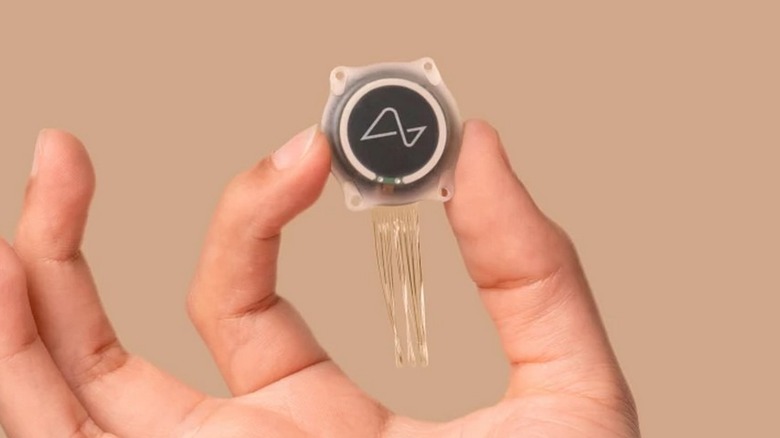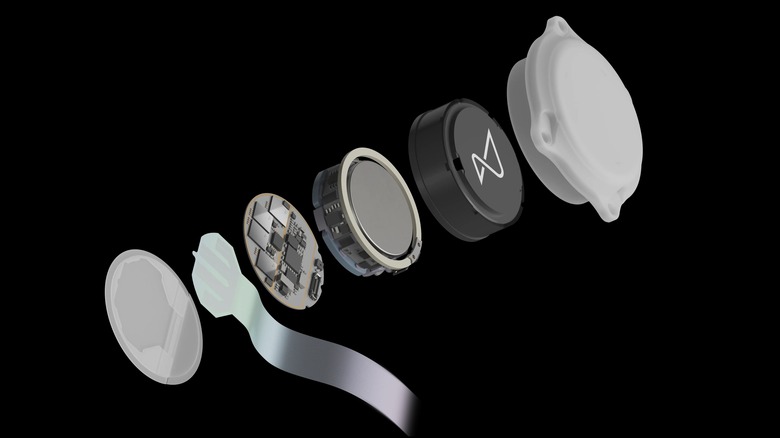Musk's Neuralink Is Looking For Human Volunteers To Test Its Controversial Implant
Elon Musk-backed Neuralink has finally started accepting volunteer applications for its controversial brain implant tech. The company got the FDA's approval for human trials earlier this year but has faced intense scrutiny over alleged animal cruelty, safety hazards, and overambitious claims. Musk has stated that the brain chip interface will one day restore mobility in cases of severe spinal injury, cure Parkinson's, and keep humans relevant in a world dominated by AI.
For now, Neuralink is taking baby steps and starting its human trials with a focus on patients living with spinal paralysis and related neurodegenerative diseases. "Those who have quadriplegia due to cervical spinal cord injury or amyotrophic lateral sclerosis (ALS) may qualify," says the company. Moreover, it hasn't set any overtly enterprising goals either.
The first phase of Neuralink human trials will try to read and transmit the brain waves of a human test subject. These brain waves will be fed to an app and decoded so that a person living with paralysis can perform tasks like controlling a mouse cursor or keyboard input with their thoughts. Neuralink has already demonstrated this capability when a monkey fitted with the brain chip was seen on video playing a game called "Pong" and typing on a screen, almost as if it's being done telepathically.
Neuralink has a challenging road ahead
Neuralink classifies its first impending human trial as a PRIME (Precise Robotically Implanted Brain-Computer Interface) study. Sticking with the fundamentals, the company will first assess the safety of the implant and the surgery robot tasked with getting it past the human skull and interfacing wire-like electrodes with the brain tissue.
The N1 implant will be "cosmetically invisible," according to the company, making it a far cry from the grotesque techno-mohawk test builds that were initially demonstrated on pigs and rats. The entire Neuralink kit is sealed inside a biocompatible white enclosure with its wireless charging battery powering the custom silicon inside and over five dozen threads that put a total of 1,024 electrodes inside the brain tissue.
The robot, on the other hand, has a needle thinner than a human hair to insert those delicate threads. For now, this is deemed to be the riskiest and most sophisticated part of the entire implantation process. As far as the brain interface goes, Neuralink says it will one day help restore eyesight even for people born blind and bring back full body functionality following spinal cord injury. While skepticism is high and safety concerns are plenty, Musk has said in the past that he will personally get a Neuralink chip implanted.

